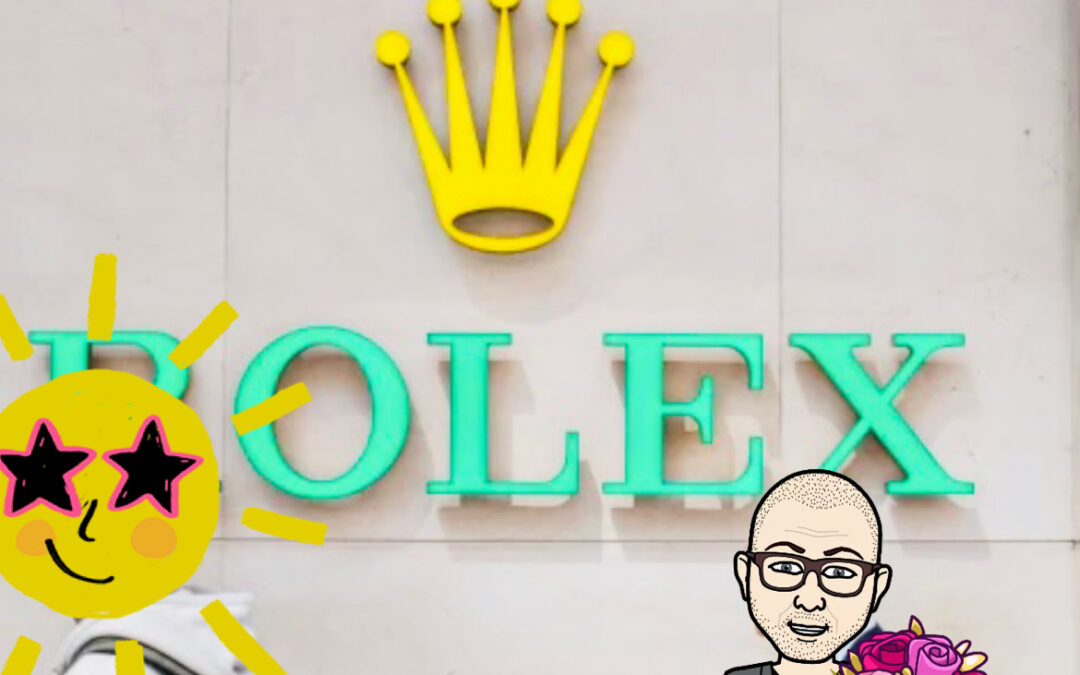You know The Curve we’re talking about is not only hockey stick growth and ahead of the trend is the acceleration towards a business model where a brand controls 360º of its conversation with its customers.
This has been the norm for DTC brands born on the internet and sold as part of a conversation with a community.
- Big brands own huge communities
- Ad agencies add value but at what cost?
- Publishers are also creating internal agencies
- Influencers and talent agencies look like journalists and newspapers
- The 360º APE tribrid model
- Agency owners should consider owning DTC brands and their own social channels
Big brands own huge communities
Big brands also control huge loyal communities but the tradition has always been to wholesale your retail and outsource your agency. However, things are massively changing not just in startup world but in the old world too.
Rolex has announced that after 74 years working with agencies it is taking its branding in house. Proof that brands want more control over their conversations with their customers.
Ad agencies add value but at what cost?
This makes perfect sense as brands are used to speaking directly with their customers on Instagram and Facebook groups on a daily basis. They understand what makes their customers tick and yet they hand over huge amounts of cash to an ad agency every month to have conversations for them.
That’s not to say that ad agencies don’t add huge amounts of value, they house some of the world’s most talented creatives, they have rigor in their design processes that help produce amazing results, but they also add an unnecessary layer of distance between a brand and its community and a considerable amount of cost to boot.
Publishers are also creating internal agencies
We are also seeing huge publishers, global newspapers, TV and movie businesses with media mogul owners building their own internal agencies. News Corp for instances has created its own influencer marketing agency which aims to do business differently within the News Corp family.
Interestingly this puts News Corp in direction competition with some of the agencies it works with in its more traditional business, but it makes perfect sense, just like Rolex taking things in house.
News Corp is also a trusted publisher, advertisers can be sure that a dollar spent with them is put in front of eyeballs with a potential customer owning them. An organisation of that size would find it hard to cover up any systematic cheating of its clients and so the trust levels you can expect as a customer will be carried over into its influencer business.
Influencers and talent agencies look like journalists and newspapers
Not only that, but News Corp is a storyteller at heart, its papers are written by content creators, albeit from a bygone age. The traditional publishing industry has been dying for a while and has pivoted left, right and center to find a new version of ads in magazines and newspapers.
If you think of influencers as journalists and of talent agencies like The Fifth as newspapers, you can see how the switch to this business model makes total sense for a huge newspaper business like News Corp.
The 360º APE tribrid model
We will also see businesses like News Corp add more DTC brands into their offering and own the customer journey and the huge margins that come with it more and more often.
As harbingers of the 360º APE tribrid model (agency/publisher/e-commerce hybrid) we know there are only more surprises to come, with more big brands to follow suit from both the publishing and retail world.
This 360º businesses model has been necessary for product startups online, they have created content to draw in audiences and become publishers with an engaged audience as a results. As we discussed last week with Glossier, bloggers have also realised they had engaged communities they could sell products to. The natural progression from there is that other brands notice and they eventually end up creating content for other brands too, effectively making them agencies, but sometimes becoming an agency has been a conscious effort as they expand their services to clients.
Our collective COVID-19 experience has driven us into the arms of online retailers and while Amazon is clearly the victor in most of that, e-commerce businesses have also been forced to offer the same level of service that has helped Amazon to make their initial wins.
Agency owners should consider owning DTC brands and their own social channels
Rather than be left at the altar holding the baby, agencies owners must act now to think about where they sit in the future with all of this. If brands and e-commerce businesses take their agency business in house, what is the next logical pivot for agencies?
Will we see WPP and S4Capital buy up DTC businesses, YouTube channels and Instagrams? It actually makes much more sense to do this as changes in publishing and retail take effect. It would surprise me if they hadn’t been doing this already as they acquire more businesses with Gen-Z leaders who had been doing this naturally.
Small agencies owners may be able to flip the switch on this more quickly. At Capital A (The Curve’s sugar daddy) they have already been shopping for YouTube and Instagram accounts for savvy agency clients and are actively selling e-commerce businesses into publishers.
Change is coming. Make sure you stay ahead of The Curve.

